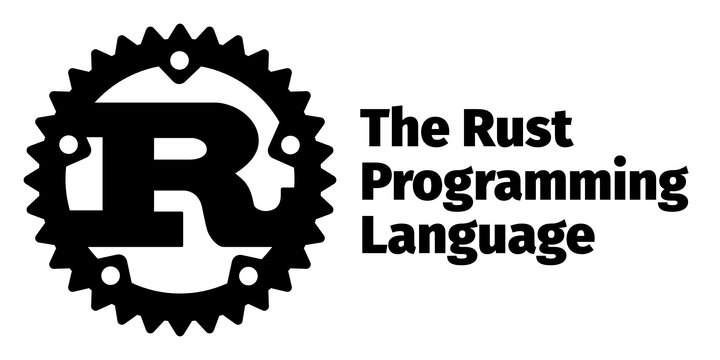1. Trait Upcasting: Users can now convert a reference to a trait object that includes a supertrait into a reference of the supertrait. This feature improves the usability of the `Any` trait by allowing upcasting to `dyn Any`, enabling seamless invocation of downcast methods without additional methods or external crates.
2. Mutable Indexing for HashMaps and Slices: The borrow checker has been enhanced to prevent simultaneous usage of references obtained from multiple calls to `get_mut`. A new helper function, `get_disjoint_mut`, allows for safe retrieval of mutable references to multiple elements in HashMaps and slices.
3. Safe Functions with #[target_feature]: The ability to mark safe functions with the `#[target_feature]` attribute has been introduced, allowing them to be called safely from other functions with the same attribute. However, these functions cannot be passed to generic functions bounded by `Fn*` traits.
4. Debug Assertions for Non-null Pointers: The compiler now inserts debug assertions to ensure that pointers are non-null when necessary, enhancing safety during non-zero-sized reads and writes.
5. Missing ABI Lint Warning: A new lint warning has been introduced for omitting the ABI in `extern` blocks and functions, prompting developers to explicitly specify the `"C"` ABI.
6. Deprecation of i586-pc-windows-msvc: The upcoming release, version 1.87.0, will remove the tier-2 target `i586-pc-windows-msvc`. Users are encouraged to migrate to `i686-pc-windows-msvc` before this change takes effect.
In addition to these updates, several APIs have been stabilized, including methods for floating-point numbers and new utilities for working with slices and HashMaps.
Overall, Rust 1.86.0 continues to enhance the language's safety and usability, catering to the needs of developers looking to build robust software solutions.
Extension: The continued evolution of Rust not only reflects the community's commitment to safety and performance but also emphasizes a growing ecosystem of tools and libraries. As Rust gains traction in various domains, including web development, systems programming, and embedded systems, features like trait upcasting and improved indexing capabilities will further empower developers to create high-performance applications. Looking forward, the Rust community can expect ongoing enhancements in concurrency, tooling, and interoperability, solidifying Rust's position as a leading programming language for modern software development. Additionally, as the language matures, maintaining backward compatibility while introducing new features will be crucial for supporting existing projects and attracting new users
Rust 1.86.0 released
Rust 1.86.0 has been released and represents a new iteration of the programming language, enabling users to develop reliable and efficient software solutions. The features encompass trait upcasting, hashmaps and slices, safe functions, debug assertions, a default missing_abi lint warning, a target deprecation warning for version 1.87.0, and stable APIs.
Trait upcasting enables users to convert a reference to a trait object that includes a supertrait into a reference to a trait object of the supertrait. This feature is particularly advantageous when working with the Any trait, as it facilitates the upcasting of your trait object to dyn Any, enabling the invocation of Any's downcast methods without the need to introduce additional trait methods or rely on external crates.


